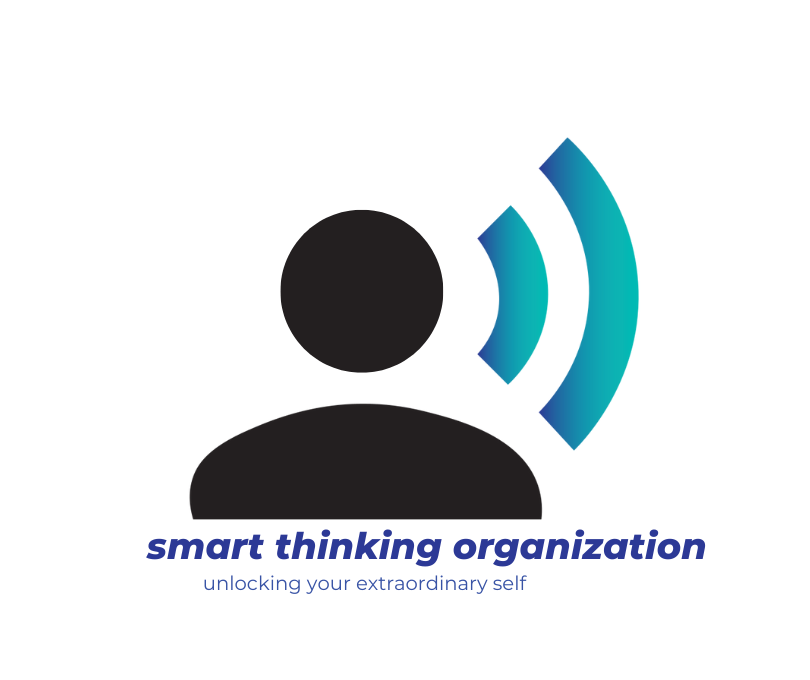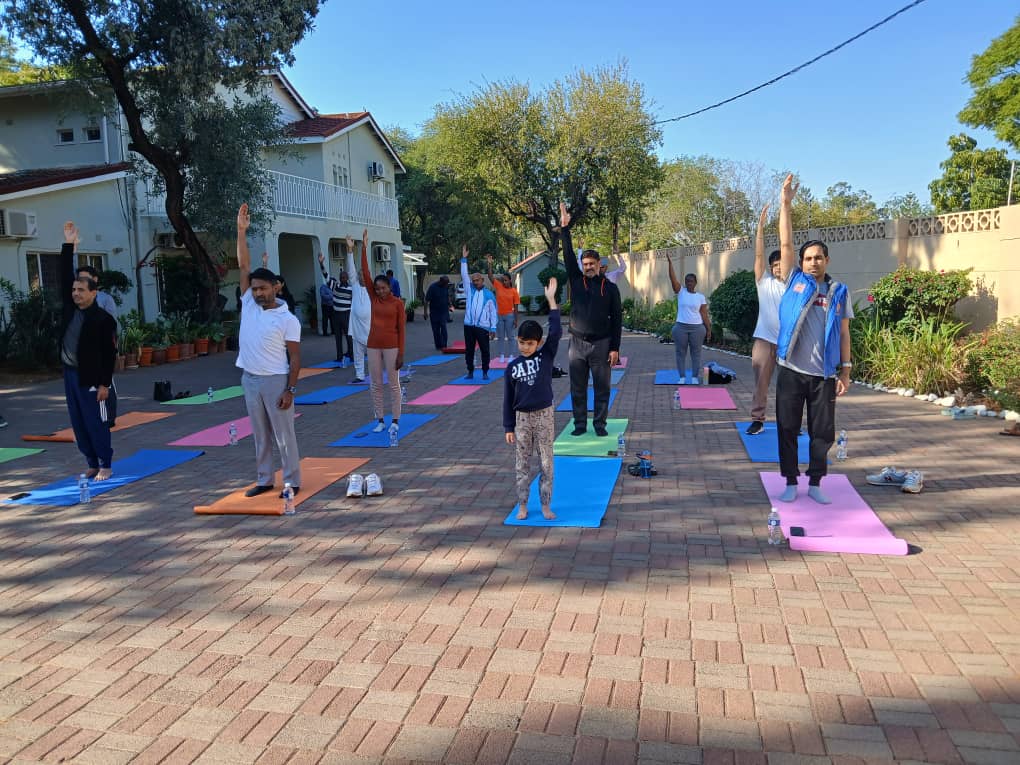The COVID-19 pandemic has left an indelible mark on our lives, altering the way we work, study, and interact with one another. For many, the pandemic has also posed significant mental health challenges, exacerbating stress, anxiety, and feelings of uncertainty. As we navigate the post-pandemic world, building mental resilience is crucial for overcoming these challenges and fostering a sense of well-being and stability.
Understanding Mental Resilience
Mental resilience is the ability to adapt to adversity, trauma, and significant sources of stress. It involves bouncing back from difficult experiences and maintaining psychological well-being in the face of life’s challenges. Developing mental resilience doesn’t mean avoiding stress or hardship; rather, it’s about learning to cope with and manage these difficulties effectively.
Strategies for Building Mental Resilience
1. Practice Mindfulness and Meditation
Mindfulness and meditation are powerful tools for enhancing mental resilience. These practices help you stay present, reduce stress, and improve emotional regulation. By incorporating mindfulness into your daily routine, you can cultivate a sense of calm and clarity, making it easier to navigate post-pandemic challenges.
How to Start:
- Set aside a few minutes each day for mindfulness meditation.
- Focus on your breath and observe your thoughts without judgment.
- Use mindfulness apps like Headspace or Calm to guide your practice.
2. Maintain Social Connections
Social support is a key component of mental resilience. Strong relationships provide emotional support, reduce feelings of isolation, and help you cope with stress. Make an effort to stay connected with friends, family, and community members, even if it’s through virtual means.
Tips:
- Schedule regular video calls or phone chats with loved ones.
- Join online communities or support groups related to your interests.
- Participate in community events or volunteer activities to meet new people.
3. Develop Healthy Coping Mechanisms
Healthy coping mechanisms are essential for managing stress and building resilience. Avoid relying on unhealthy habits like excessive alcohol consumption or overeating. Instead, focus on activities that promote well-being.
Healthy Coping Strategies:
- Engage in regular physical exercise, such as walking, yoga, or cycling.
- Practice relaxation techniques, such as deep breathing or progressive muscle relaxation.
- Pursue hobbies and activities that bring you joy and fulfillment.
4. Set Realistic Goals and Prioritize
Setting realistic goals and prioritizing tasks can help you manage your time effectively and reduce feelings of overwhelm. Break larger tasks into smaller, manageable steps and celebrate your progress along the way.
Action Plan:
- Write down your short-term and long-term goals.
- Create a daily to-do list and prioritize tasks based on importance and urgency.
- Be flexible and adjust your goals as needed to accommodate changes.
5. Seek Professional Help When Needed
There’s no shame in seeking professional help if you’re struggling to cope with post-pandemic challenges. Mental health professionals can provide valuable support, guidance, and coping strategies to help you build resilience.
When to Seek Help:
- If you’re experiencing persistent feelings of sadness, anxiety, or hopelessness.
- If you’re struggling to perform daily tasks or maintain relationships.
- If you’re using unhealthy coping mechanisms to deal with stress.
6. Focus on Self-Compassion
Self-compassion involves treating yourself with kindness and understanding, especially during difficult times. Acknowledge your struggles without judgment and remind yourself that it’s okay to make mistakes and seek help.
Practice Self-Compassion:
- Speak to yourself with kindness and encouragement.
- Practice self-care activities that nurture your well-being.
- Reflect on your strengths and achievements, no matter how small.
Conclusion
Building mental resilience post-pandemic is a journey that requires patience, practice, and support. By incorporating these strategies into your daily life, you can enhance your ability to cope with stress, adapt to change, and maintain a positive outlook. Remember, resilience is not about avoiding difficulties but learning to thrive despite them. Embrace the journey and take proactive steps towards a resilient and fulfilling future.





